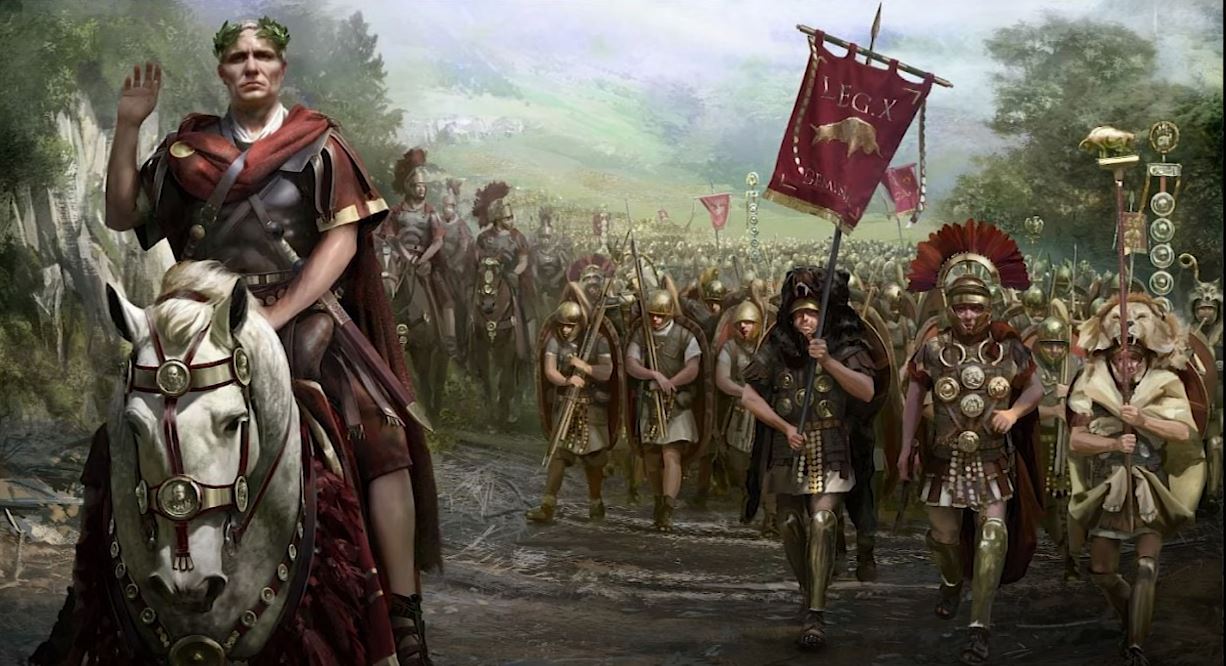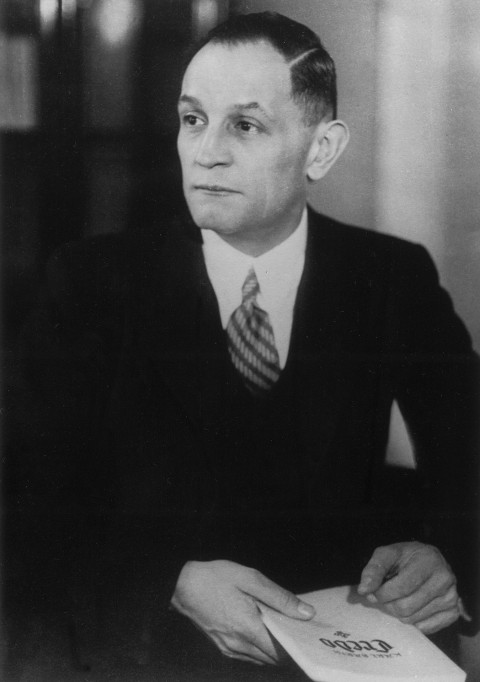
 April 13, 2025 – Palm Sunday: May God’s words be spoken, may God’s words be heard. Amen.
April 13, 2025 – Palm Sunday: May God’s words be spoken, may God’s words be heard. Amen.
Somehow, I feel like this Palm Sunday feels more real than ever before. But before we get to that, I need to remind everyone that it is in fact Palm Sunday. We shouldn’t be reading the passion gospel at all today, and well, we actually don’t here at Christ Church, at least not as the gospel reading for the day. We stick with the story of the palms.
Now, as you all know by now, the reason that we shouldn’t be doing the passion on this Sunday is that it really doesn’t fit. It’s too soon, and it makes no sense. Some say it began as a way of ensuring that people who did not attend Maundy Thursday & Good Friday services did not go from Palm Sunday to Easter bypassing the crucifixion, which would make Easter meaningless.
Still, maybe that isn’t such a bad thing to have the passion end this Palm Sunday service. After all, it marks the beginning of a week in which we move from the absurdly dark and hopeless to something beyond our wildest imaginations of what love can be. So, why not start this week of contrasting emotions with a service filled with them. And we are blessed once again to have the Dzeici theatre to engage us in a beautiful telling of the passion at the end of this service.
But make no mistake, it isn’t any substitute for walking with Jesus through the evening of his last commandment of love & his betrayal on Maundy Thursday, into the moment of his death on the cross on Good Friday. So, let’s return to the focus of this Sunday – this Palm Sunday – and Jesus’ ride toward his destiny.
Now, if you were paying close attention to the gospel reading, you might have noticed something is missing. We call it Palm Sunday, but guess what? No palms mentioned at all! Not in this gospel. Instead, they spread out cloaks. So, if we wanted to be true to this version, all of you would have needed to be waving your jackets around and putting them down on the ground.
So, what about that palm, or in this case, cloak, parade? What is going on there, and what meaning does it have for us today?
First, it is important to remember the setting. While the Roman Empire was generally tolerant of the Jewish religion (so long as taxes were paid and the Emperor obeyed), the Governor of Jerusalem, Pontius Pilate, was a tyrant. Unlike the depiction the fourth gospel likes to portray, he was no merciful philosopher. He delighted in brutality, and crucified early and often. Just two years earlier over 1,500 had been crucified by his orders. The historian Josephus recounts that Pilate was eventually removed from office by the Emperor after his violent suppression of a Samaritan uprising. And guess who was riding into town just as Jesus was hopping on that colt? Yup – Pilate and his armies.
So, on one side of the city is Jesus – the one who is leading multitudes to cheer his entry and call him King – riding on a humble colt. On the other side is the earthly ruler entering on horseback with his legion of warriors. And all at a time of great tension given that thousands have come to Jerusalem for the festival of the Passover – a celebration of God’s deliverance of the Jewish people from oppression.
Now, you might wonder how a humble Jesus riding on a donkey, even with the crowds cheering, could ever be a threat to anyone, much less to someone with the power of Pilate, or for that matter, the temple authorities. Yet history has made clear that truth and authority, when wrapped in peace, grace, and love, is very threatening to those who depend on fear and power to oppress. What they need is acquiescence – for people to bend the knee – so they create an environment where the people feel hopeless. They count on people to participate in their own oppression. When someone appears who isn’t trying to fight with weapons, which only feeds the oppressor, but rather lifts the hope of the people, and guides them into knowing their true value – it is far more threatening to those in power. For the Jewish authorities, they knew how Pilate would react – they had seen the bodies hanging from crosses before. This Jesus, they thought, would reign terror on them all. He had to go.
So the stage is set for a major clash – and Jesus knew it would be so. He had been trying to warn his disciples of what was to come, but they just could not understand…until it was all done.
And if this story feels familiar, it is because it is happening today. In fact it keeps happening throughout history. Scenes like Bloody Sunday at the Edmund Pettis bridge. Anti-Putin dissidents killed. And people in our country today rounded up off the streets, transported to a foreign country, and tossed into a prison noted worldwide for its anti-humanitarian acts – all without due process. The tyranny of empire has existed throughout time – it exists even still.
This is why the setting of the Passion that Dzieci performs is so poignant for us in our context. It is set in the Warsaw ghetto. This we should take note of today, because it was in Germany where a democratic republic willingly gave over everything to a maniacal dictator, and turned the other way when Jews, the physically and mentally challenged, lesbian and gays, and more were rounded up. First ghettos were established, but soon they gave way to the extermination camps. The overturning of democracy to authoritarianism took just one month, three weeks, two days, eight hours, and 40 minutes. It also took good people remaining silent, or worse, preemptively bending the knee to somehow make the impact better for them.
We all know the poem written by the German Lutheran Pastor Martin Niemöller, who  originally aligned with the Nazi ideals until he saw how they impacted the people. Rather than continue along, he spoke out and ended up in prison. Niemöller’s legacy is a complicated one, but his words, written after the war, remain a warning to the world:
originally aligned with the Nazi ideals until he saw how they impacted the people. Rather than continue along, he spoke out and ended up in prison. Niemöller’s legacy is a complicated one, but his words, written after the war, remain a warning to the world:
“First they came for the socialists, and I did not speak out—because I was not a socialist. Then they came for the trade unionists, and I did not speak out—because I was not a trade unionist. Then they came for the Jews, and I did not speak out—because I was not a Jew. Then they came for me—and there was no one left to speak for me.”
Now, you may think – we know this history, so why does this matter to us? What has this to do with Palm Sunday?
Well, Jesus told us that he is found in the least of these – the stranger, the sick, the poor, the imprisoned. And let us be very clear about what is happening now: Jesus is being rounded up, imprisoned, beaten, and killed here in our nation, and all around the world.
And we know that it was good people who remained silent, and others who acquiesced to power that led to the crucifixion of Jesus in Jerusalem, just as happened in Nazi Germany. People afraid to lose what they had, like the temple authorities. People who hoped to stay safe by not challenging those in power, like the crowd who shouted “Crucify him.” People who turned their backs to save themselves like Peter who denied him, and the disciples who fled the scene. People who profited, like Judas.
It will be the same now for the Jesus crucified in our midst, if we do not live as Christ calls us to live. And that call is never to remain silent, turn our backs, or worse – participate in his suffering. Instead, as St. Paul tells us in his letter to the Philippians we heard this morning, we are to let the same mind be in us that was in Christ Jesus – who humbly was obedient to the call of God – even to his death.
That is our call – to be of the same mind of Jesus who chose to enter into Jerusalem – despite the danger it posed for him.
Jesus, who was not silent in the face of oppression.
Jesus who would not stand by and allow the suffering of a child of God.
Jesus who loved even when that love was difficult, unwanted, or dangerous to offer.
We are living in a Palm Sunday moment in our nation folks, and we are not meant to be silent. We have another calling.
Generations from now, what will be our legacy?
Will we say nothing when people are grabbed off the streets by masked government agents, stripped of their clothes and their dignity, and denied legal recourse? Will we turn away when lawyers, universities, and the press are threatened? Will we deny we know them when individuals are targeted for their beliefs or for speaking the truth? Will we be the ones in our time who stood silently by because we weren’t an immigrant, or a person of color, or LGBTQ+, or poor, or female, or Jewish, or Muslim, until there was no one left to speak for us?
Or, will we have the same mind and heart of Christ Jesus?
Hold on to that question in your heart as you enter into this most Holy Week. Do not shy away from it, because this week will challenge you in ways that, if we you it, helpyou live the life God dreams for you and for the world.
Holy Week is a journey we make every year by choice – not because it is the same – but precisely because it is not. How we enter into it, what we hear in it, what we feel going through it, will change from year to year because we are never the same from one year to the next – certainly not in this year, to be sure. But one thing is true every year, moving through it makes Easter the transformative experience it is meant to be.
Holy Week will challenge you.
Holy Week will engage you.
Holy Week will change you.
I invite you all to the journey of a lifetime this week.
The rest is up to you.
Amen.
For the audio, click below, or subscribe to our iTunes Sermon Podcast by clicking here (also available on Audible):
The Rev. Diana L. Wilcox
Christ Church in Bloomfield & Glen Ridge
April 13, 2025
Palm Sunday – Year C
The Liturgy of the Palms
Luke 19:28-40
Psalm 118:1-2, 19-29
The Liturgy of the Word
Isaiah 50:4-9a
Psalm 31:9-16
Philippians 2:5-11
Luke 23:1-49





